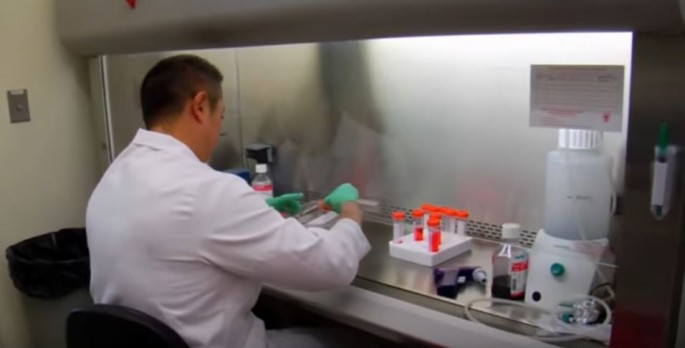HIV and AIDS cure updates are constantly being performed in order to perfect current therapies and to finally create a definitive cure for the disease. One of the latest updates presented recently includes counterintuitive result concerning how specific protein type could actually contribute to accelerated HIV disease.
The case of HIV/AIDS has been continuously proliferating despite the efforts of world organizations to inform and educate humanity about the spreading of the disease. However, despite the relative increase of HIV cases, experts and researchers worldwide are still continuing their mission of finally uncovering a definitive HIV and AIDS cure. Thus, a recent cure update revealed a promising step towards a positive in response against viral infections through properly understanding certain protein type.
Based on a research conducted by a team of UCLA-led researchers, they found out that blocking a certain type of protein could be crucial in initiating immune response against viral infections. The study which was done with animal subjects revealed that by temporarily blocking type I interferon, a type of protein, restoration of immune function and speeding up viral suppression during treatment with anti-viral drugs have been observed.
To somehow shed more light on the findings, Interferon works to suppress the virus according to ScienceDaily. It combats HIV by mediating the action of both of the known restriction factors, which is why it has been previously held that the more of the said protein the better. However, with the UCLA research being revealed, Interferon may not be that good as previously thought by some experts.
"This finding is completely counterintuitive, because many believe that the more interferon at work, the better. We show that the type of interferon being produced during chronic stages of HIV infection has detrimental effects on the body's ability to fight off HIV and other types of infection or cancer and could actually be contributing to accelerated HIV disease," UCLA Newsroom quoted UCLA AIDS Institute member Scott Kitchen as saying.
Watch here below interferon's function in the body:




























